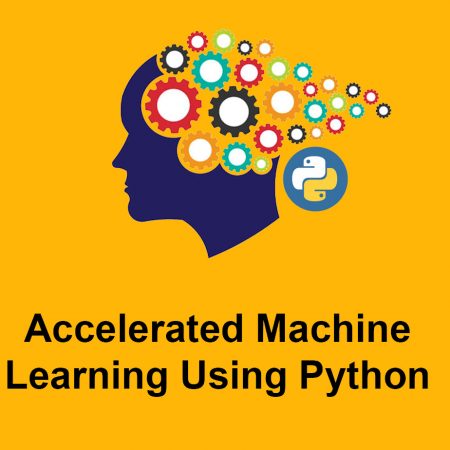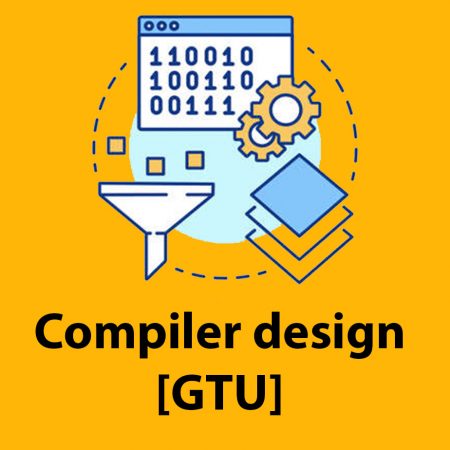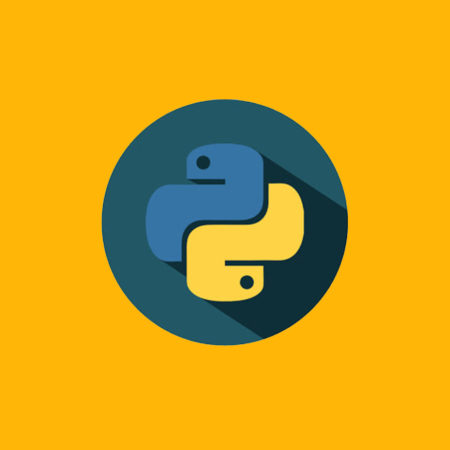Operating system
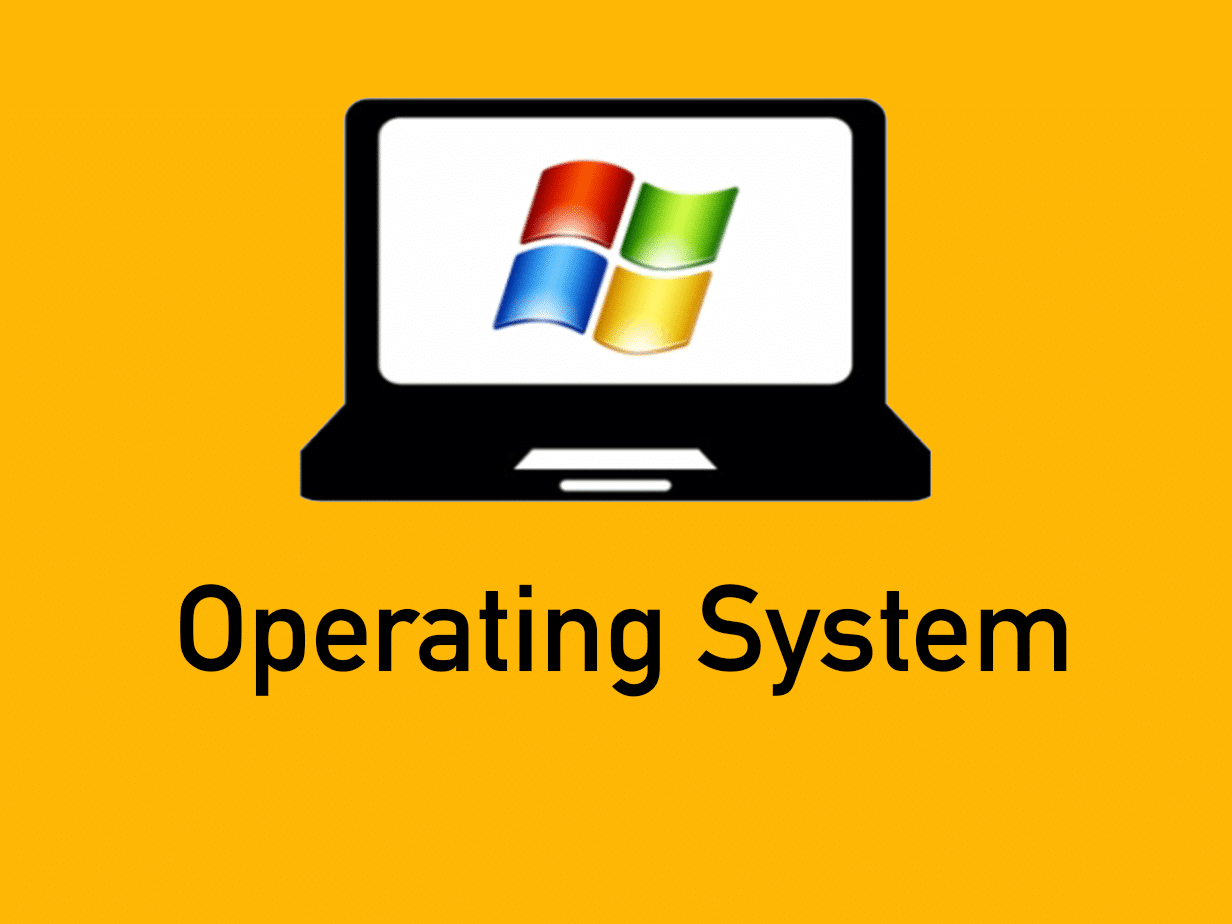
-
About The Course
-
Operating System Overview
-
Process and Process Scheduling
- PCB ( Process Control Block )
- Process State Transition Diagram
- SJF (non preemptive ) with solved example | CPU Scheduling
- FCFS ( First come first serve ) | CPU Scheduling
- ROUND ROBIN SCHEDULING ALGORITHM with solved example | CPU Scheduling
- Preemptive Priority Scheduling with solved example | CPU Scheduling
- SJF Preemptive with solved example | Cpu Scheduling
- SJF 2 Preemptive with solved example
- Process Scheduling Module 2 Numericals
- IMP Module 2 Solution
-
Process Synchronization and Deadlocks
- Producer Consumer Problem
- Critical Section Problem
- Dead Lock with Necessary and Sufficient Condition for Deadlock
- Deadlock Prevention
- Bankers algorithm with Solve Example Part 1
- Bankers (Resource Request algorithm) with Solve Example Part 2
- Dead Lock Recovery
- Dining philosopher Problem
- Bankers algorithm Module 3 Numericals
- IMP Module 3 Solution
-
Memory Management
-
Input /Output Management
- Disk scheduling Algorithm
- FCFS Disk Scheduling Algorithm
- SSTF Disk Scheduling Algorithm
- SCAN Disk Scheduling Algorithm
- C SCAN Disk Scheduling Algorithm
- Look Disk Scheduling Algorithm
- C Look Disk Scheduling Algorithm
- FCFS SSTF SCAN CSCAN LOOK CLOOK Overview | Disk Scheduling Sums | All in One
- IMP Module 5 Solution
-
Operating System [Module 6]:- I/O Management
Operating System
Operating System is semester 4 subject of final year of computer engineering at Mumbai University. Prerequisite for studying this subject are Data structures and Computer architecture.
An operating system (OS) is system software that manages computer hardware, software resources, and provides common services for computer programs. Time-sharing operating systems schedule tasks for efficient use of the system and may also include accounting software for cost allocation of processor time, mass storage, printing, and other resources. For hardware functions such as input and output and memory allocation, the operating system acts as an intermediary between programs and the computer hardware, although the application code is usually executed directly by the hardware and frequently makes system calls to an OS function or is interrupted by it. Operating systems are found on many devices that contain a computer – from cellular phones and video game consoles to web servers and supercomputers. Early computers were built to perform a series of single tasks, like a calculator. Basic operating system features were developed in the 1950s, such as resident monitor functions that could automatically run different programs in succession to speed up processing. Operating systems did not exist in their modern and more complex forms until the early 1960s. Hardware features were added, that enabled use of runtime libraries, interrupts, and parallel processing. When personal computers became popular in the 1980s, operating systems were made for them similar in concept to those used on larger computers.
Course Objectives for Operating System is to introduce basic concepts and functions of operating systems. To understand the concept of process, thread and resource management. To understand the concepts of process synchronization and deadlock. To understand various Memory, I/O and File management techniques. Course Outcome for Operating System is to understand the objectives, functions and structure of OS Analyze the concept of process management and evaluate performance of process scheduling algorithms. Understand and apply the concepts of synchronization and deadlocks. Evaluate performance of Memory allocation and replacement policies. Understand the concepts of file management. Apply concepts of I/O management and analyze techniques of disk scheduling.
Module Operating system Overview consists of the following subtopics Introduction, Objectives, Functions and Evolution of Operating System consists of the following subtopics Operating system structures: Layered, Monolithic and Microkernel. Linux Kernel, Shell and System Calls. Process and Module Process Scheduling consists of the following subtopics Concept of a Process, Process States, Process Description, Process Control Block. Uniprocessor Scheduling-Types: Preemptive and Non-preemptive scheduling algorithms (FCFS, SJF, SRTN, Priority, RR) Threads: Definition and Types, Concept of Multithreading. Module Process Synchronization and Deadlocks Concurrency: consists of the following subtopics Principles of Concurrency, Inter-Process Communication, Process Synchronization. Mutual Exclusion: Requirements, Hardware Support (TSL), Operating System Support (Semaphores), Producer and Consumer problem. Principles of Deadlock: Conditions and Resource, Allocation Graphs, Deadlock Prevention, Deadlock Avoidance: Banker‟s Algorithm, Deadlock Detection and Recovery, Dining Philosophers Problem. Module Memory Management consists of the following subtopics Memory Management Requirements, Memory Partitioning: Fixed, Partitioning, Dynamic Partitioning, Memory Allocation Strategies: Best-Fit, First Fit, Worst Fit, Paging and Segmentation, TLB ,Virtual Memory: Demand Paging, Page Replacement Strategies: FIFO, Optimal, LRU, Thrashing. Module File Management consists of the following subtopics Overview, File Organization and Access, File Directories, File Sharing I/O management I/O devices, Organization of the I/O Function, Disk Organization, I/O Management and Disk Scheduling: FCFS, SSTF, SCAN, CSCAN, LOOK, C-LOOK.
Suggested Reference books for subject Operating System from Mumbai university are as follows Achyut Godbole and Atul Kahate, Operating Systems, McGraw Hill Education, 3rdEdition Andrew Tannenbaum, Operating System Design and Implementation, Pearson, 3rdEdition. Maurice J. Bach, “Design of UNIX Operating System”, PHI . Sumitabha Das, “UNIX: Concepts and Applications”, McGraw Hill, 4thEdition. Suggested Texts books for subject Operating System from Mumbai university are as follows William Stallings, Operating System: Internals and Design Principles, Prentice-Hall, 8thEdition, 2014, ISBN-10: 0133805913.ISBN-13: 9780133805918. Abraham Silberschatz, Peter Baer Galvin, and Greg Gagne, Operating System Concepts, John Wiley &Sons, Inc., 9 traditions, 2016, ISBN 978-81-265-5427-0.
Prepare For Your Placements: https://lastmomenttuitions.com/courses/placement-preparation/
![]()
/ Youtube Channel: https://www.youtube.com/channel/UCGFNZxMqKLsqWERX_N2f08Q
Follow For Latest Updates, Study Tips & More Content!
Course Features
- Lectures 42
- Quizzes 0
- Duration 50 hours
- Skill level All levels
- Language Hindi
- Students 3757
- Certificate No
- Assessments Yes
-
MD.AZAD HOSSAN
MD.AZAD HOSSAN
Excellent
-
Ayush niet
Amazing as always ♥️
Starting with this course today.. Love the way lmt guys teaches to us. 😉 thanks ❤️
-
Pyaar Singh
Great
Great

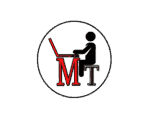

![WhatsApp Image 2020-06-26 at 12.15.44 PM First Year Sem 2 MU NEP [ Comps – IT – AIML Branch ]](https://lastmomenttuitions.com/wp-content/uploads/2020/02/WhatsApp-Image-2020-06-26-at-12.15.44-PM.jpeg)
